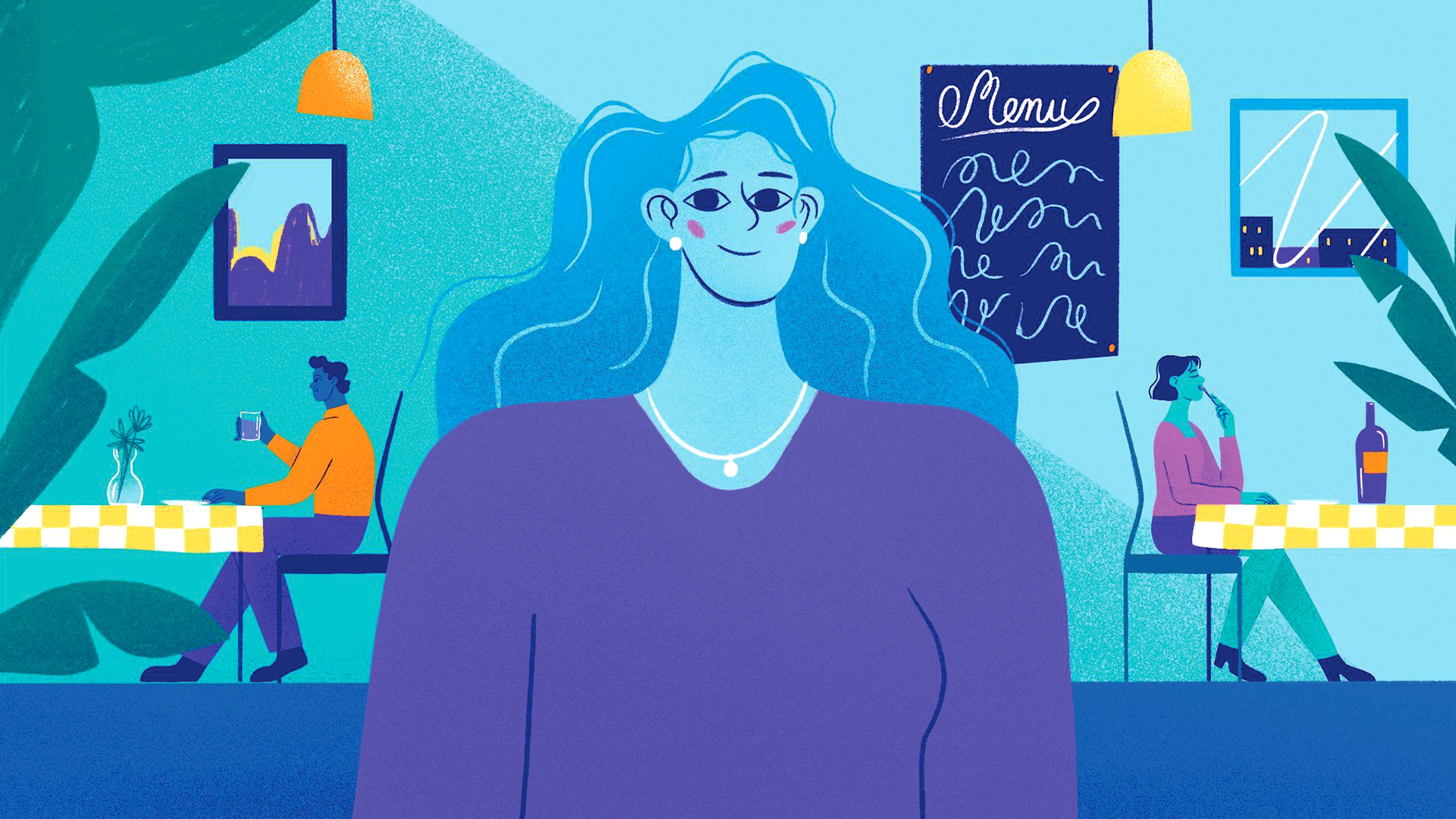Knowing what to eat when you have diarrhoea is essential in managing your symptoms. Diarrhoea is a very common condition which affects people of all ages. While it’s usually nothing to worry about, it can be unpleasant. Acute diarrhoea normally clears up in a few days to a week, while chronic diarrhoea can last for more than four weeks.
The general advice for managing your diarrhoea symptoms is that you eat small meals, frequently and slowly. Changing your diet can also help you take control of your symptoms. There are many different diarrhoea causes, with one of them being digestive disorders and intolerance to certain foods and drink. With this in mind, let’s look at what to include in your diet to help with diarrhoea symptoms, and what not to eat when you have diarrhoea.
In this guide:
Foods to help with diarrhoea
It’s important to understand that everyone is different. So, while changing your diet may help you manage your diarrhoea symptoms, what works for one person may not work for another. That being said, let’s look at some drinks and foods that can help with diarrhoea:
Fluids
Diarrhoea can cause dehydration because of passing looser, watery, and more frequent stool than normal. So, you should drink plenty of fluids to avoid dehydration. You can drink small sips of water often throughout the day.
Children are at a higher risk of rapid dehydration. Your child may be dehydrated if they have a dry mouth, is urinating less, and crying without tears. Adults may experience similar symptoms and may have sunken eyes and feel lethargic. For infants, they may also develop soft spots on their head. Get in touch with your GP if you or your child is showing signs of dehydration.
In addition to water, your doctor may also recommend drinking broths, diluted juices, and oral rehydration solutions. They may also recommend rehydration drinks if you have an underlying health condition, are frail, or over the age of 60. While these drinks don’t stop diarrhoea, they provide a good balance of salts, water, and sugar. The salt-to-sugar-ratio helps the gut absorb water more effectively.
Plain foods
It’s advisable to eat small, light meals if you have diarrhoea. Eat as soon as you can, but don’t stop hydrating. When you do feel like eating, avoid heavy, spicy foods. Instead, opt for plain foods like rice and wholemeal bread. You can also try having simple meals containing pasta, peeled potatoes, bananas, plain chicken, and scrambled eggs.
Fibre
Foods rich in fibre can help manage your diarrhoea symptoms, but it depends on the kind of fibre you eat. Soluble fibre found in cooked vegetables, peeled fruits, oat bran, peas, and beans make stool firmer by absorbing water into the intestines. However, insoluble fibres such as wheat bran, whole grains, and the skins of raw fruits and vegetables may trigger stools to pass through the intestines much quicker.
What not to eat when you have diarrhoea
When it comes to managing your diarrhoea, some foods may not be ideal because they can worsen your symptoms. Some foods you may wish to avoid include:
Sugary foods
You may be tempted to reach for sodas and sports drinks to rehydrate when you’re suffering from diarrhoea. But foods and drinks high in sugar – even fruits with natural sugar – can worsen your diarrhoea symptoms.
During digestion, sugar dilutes your stool by drawing fluid into the intestines. Even sugar substitutes like sorbitol may have the same effect on your gut, so may be best avoided.
Caffeine
You may want to drink a cup of coffee in the morning, but when you have diarrhoea, that might not be a great option. Drinks like coffee, tea, and carbonated drinks contain caffeine which stimulates bowel movements and speeds up digestion, making you empty your bowels much faster. This can be quite unpleasant when you have diarrhoea. Even decaf – which is marketed to have less caffeine than regular coffee – can still contain enough caffeine to stimulate your bowels.
Dairy products
You may want to cut down on milk and dairy products if they’re worsening your symptoms of diarrhoea or causing other symptoms alongside it. These symptoms may include passing gas or bloating, and they could be signs that you have lactose intolerance.
Citrus
Citrus fruits are acidic and high in fibre, and they may lead to stomach upset. You may want to limit the amount of citrus fruits, such as grapefruit and oranges, you’re eating if you have diarrhoea.
Foods for when you have diarrhoea FAQs
Should I eat when I have diarrhoea?
It’s advisable to eat small, light meals when you have diarrhoea. Eat when you can, and avoid heavy, fatty, or spicy foods. Instead, opt for simple meals like plain rice, wholemeal bread9, scrambled eggs, and plain chicken.
Are bananas good for diarrhoea?
Bananas were initially part of the BRAT diet (banana, white rice, applesauce, and toast) recommended to help with symptoms associated with diarrhoea. However, bananas were observed to not have enough of the nutrients we require, like fat and protein. You may eat bland foods like bananas for the first day or so when you have diarrhoea, but it’s advisable to return to your regular diet as soon as possible.
What is the best food for diarrhoea?
There’s no ideal food to help with symptoms associated with diarrhoea. However, some food options like plain chicken, plain rice, wholemeal bread, and probiotic yoghurt are recommended options to add to your diet when you have diarrhoea.
What can I put on my toast when I have diarrhoea?
It’s best to avoid fatty and sugary foods when you have diarrhoea. This includes even natural sugars from fruit8. Smooth peanut butter can be a good option.
Read more on how to manage your diarrhoea with Imodium.
